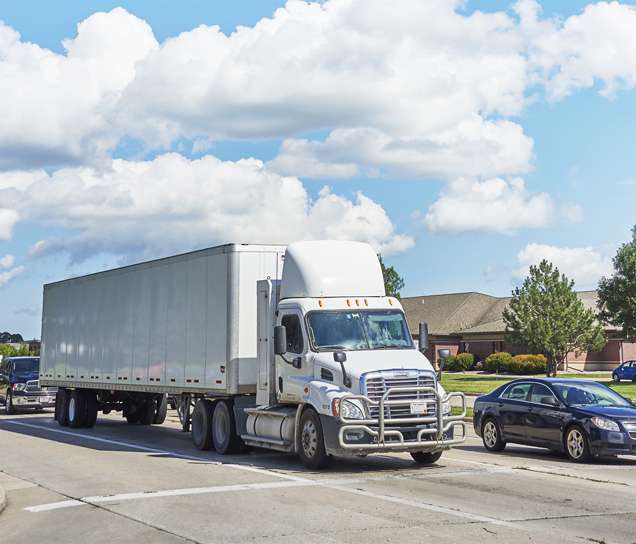Sr. DOT Transportation Editor, J. J. Keller & Associates, Inc.
Have You Trained on Hours-of-Service Changes?

A recent survey by the J. J. Keller Center for Market Insights revealed that one week before the new 2020 hours-of-service (HOS) rule effective date, only 23% of fleets had conducted training, while nearly 13% of respondents indicated training was "not on my radar."
The lack of training is concerning, especially as carriers come into the year's busiest shipping season.
As a motor carrier, you must ensure all commercial motor vehicle (CMV) drivers and safety personnel are instructed in the HOS rules (§390.3(e)(2) and §380.503), whether your drivers hold CDLs or not, and whether they are new or veteran drivers.
At a minimum, carriers should train drivers and staff on:
- Limits and breaks
- Form and manner
- Personal conveyance
- Supporting documents
- ELDs
- CDL driver short-haul exception
- Non-CDL driver short-haul exception
- Other popular exceptions
Let's look at the top 3.
Limits and Breaks
Compliance with HOS starts with the essential requirements concerning how long your drivers may drive a CMV and be on duty before they have to stop driving and how long they're required to rest. Your company may adopt additional limits, as long as they're as strict as the FMCSA rules. Key training points include:
- Limits that apply based on the type of vehicle operated
- Company policies affecting the HOS limits
- The definitions of on-duty and off-duty time
- How to calculate the 14- or 15-hour limit
- How to determine when a 30-minute break from driving is required
- How to calculate and track the weekly limits and use the restart provision
- The importance of not driving while fatigued
Form and Manner
The "form and manner" in which logs are created remains the number one violation cited at roadside inspections. It involves knowing which type of record to use and how to use it. Specific training should be conducted for ELDs, paper logs, time records, and HOS exceptions to ensure your drivers use the right method. Key training points include:
- Why your drivers are required to use a particular logging method, and why other methods are prohibited
- How your drivers are to log their time-based on regulations and company policies
- Which entries on the log or time record are required and must be completed before the record is submitted
- How to interact with enforcement personnel when presenting logs
- How to make corrections or edits before and after a log is submitted
Personal Conveyance
The personal conveyance (PC) provision allows drivers to operate their CMVs in an "off duty" status for personal reasons. It's an official interpretation of the rules, found in Question 26 in the FMCSA's guidance for §395.8.
Given the confusing nature of PC, driver and dispatcher training is critical. Almost any driving that furthers a business purpose or benefits the company cannot be logged off duty.
Key training points include:
- Your company policy on PC, including time, distance, or vehicle/cargo limitations
- The importance of not doing anything to benefit the company while using PC
- Where to find the PC provision
- Examples of what is and is not allowed as PC
- How to interact with roadside enforcement personnel when using PC
- How to record PC time
Fatigue-related accidents can lead to violations, out-of-service (OOS) orders, fines, accidents, and litigation. Avoid these risks by ensuring your drivers understand and comply with the HOS regulations, guidelines, exceptions, company policies, and logging technology.
For a complete examination of these topics, download the HOS Training Checklist whitepaper.
J. J. Keller & Associates, Inc. is the nation’s leading provider of regulatory, safety and compliance solutions, serving more than 600,000 customers, including 90% of the Fortune 1000® companies. Organizations of all sizes rely on our expert insights to help create safe work environments and simplify the complexities of regulatory compliance. Our diversified portfolio of solutions and services including online management tools, publications, training, forms, supplies, consulting and professional services is trusted to safeguard workers, reduce risk and build operational confidence. As a privately-held, family-owned company since 1953, we are committed to helping protect lives every day. www.jjkeller.com
The above article is sponsor-generated content. To learn more about sponsor-generated content, click here.


